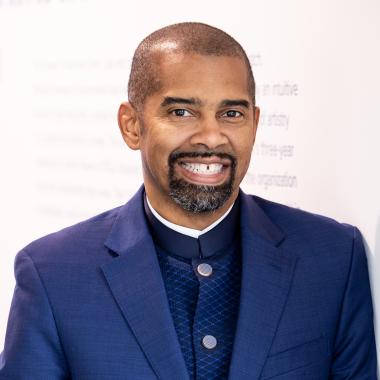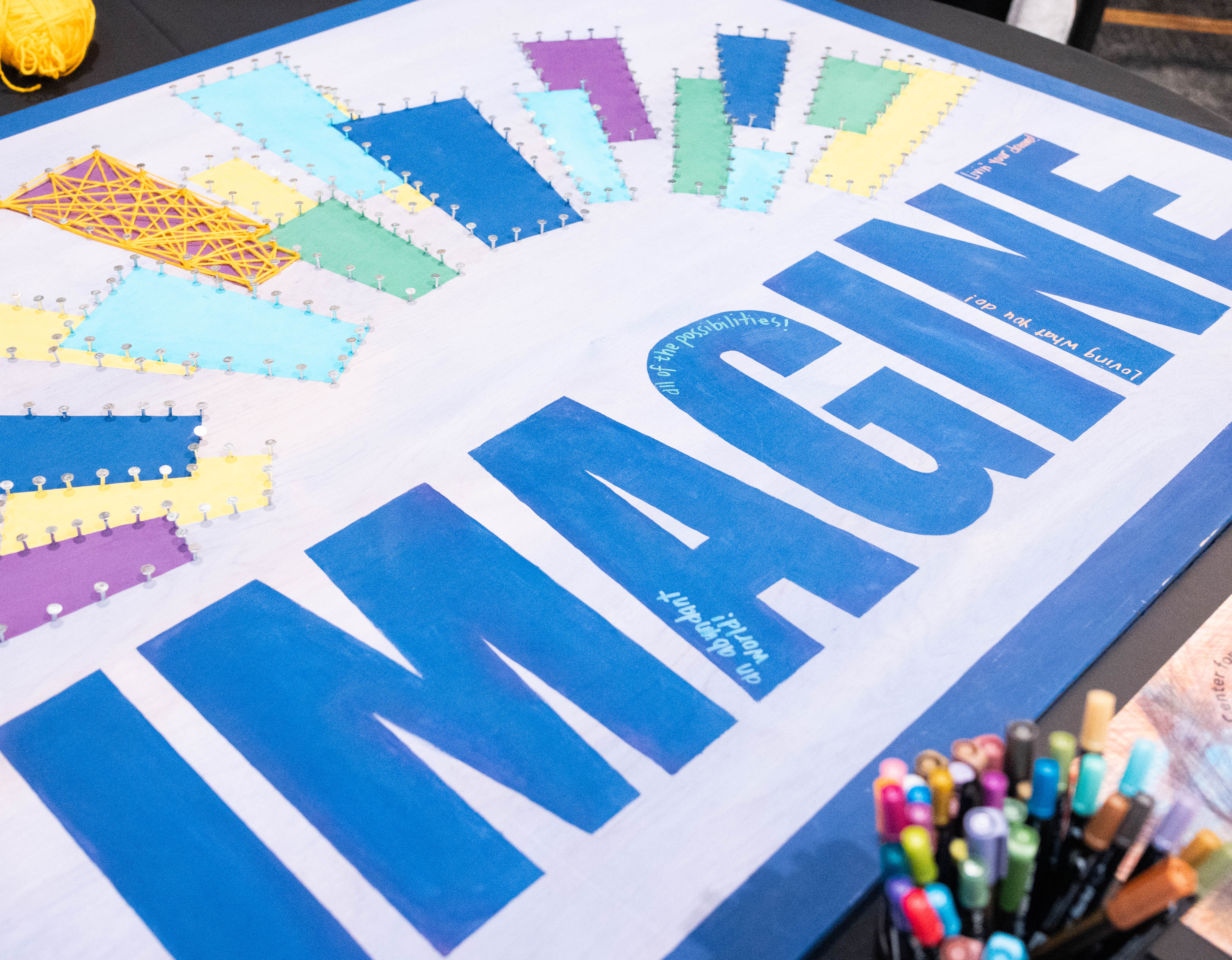Corporate Philanthropy's Racial Reckoning
How can corporate philanthropy be responsive to the demands of this moment? It's a question rooted in the very nature of a capitalist economic system, where corporations focus on maximizing returns exacerbates inequities. Into that mix, corporate foundations and champions of social responsibility mobilize their companies’ resources and talent to restore community balance and advance social good.
I saw signs that more transformative change is possible at our annual Corporate Philanthropy Institute last week.
One message stood out: we must stretch beyond what we’ve tried before. Just aligning corporate philanthropy with a company’s business interests will no longer suffice. With our nation’s health, climate, race relations, economy, and democracy under assault, our social order is quite squarely in the balance. The brand that invests in communities' own systems for survival, leverages its voice and influence to advance change, and stands up to be counted, will resonate most.
This isn’t just a product of the moment. For years, corporate philanthropy has been evolving, moving beyond the good neighbor model to recognize that with increasingly global footprints, corporations need to contribute to building a functional society to be seen as relevant. And new generations of employees that now proliferate the corporate landscape have dissolved the barriers between the work arena and the personal sphere, and now demand more of their workplace.
This means statements of solidarity are not enough, and CPI highlighted companies going well beyond this step. People leading corporate responsibility are stretching their practice to match the intensity of the conditions we face, from investing in urgent issues like housing and homelessness to unconventional partnerships with government to address the impact of COVID.
I had the privilege of facilitating an amazing conversation with Alicia Garza. It didn’t take long to see why she was among the founders of the Black Lives Matter movement, anticipating the arc of that movement to create the Black Futures Lab to articulate a vision for Black people building and holding power to shape their own futures.
"...corporate philanthropy can interrogate its own practice and deepen its relevance to recognize the difference between style and substance..."
We also caught potent advice on ways corporate philanthropy can interrogate its own practice and deepen its relevance to recognize the difference between style and substance, reckon with corporations’ historic role that in perpetuating inequitable systems, center transformation as a priority of investments, and make sure those investments grow power for Black communities and organizations to drive their own agenda. As a field, we are only now catching up to the longstanding sophistication of movement building in these communities, and we need to make sure our lack of context does not inhibit the chance for those strategies to flourish.
Following Alicia is a tall order, but Olivia Khalili (PagerDuty) and Melynnie Rizvi (Survey Monkey) ably, set forth tangible examples of their companies’ steps toward racial equity. And they acknowledged that the work has only begun.
The afternoon closed with a sensational conversation between Sid Espinosa (Microsoft), Sarah Keh (Prudential), Michael McAfee (PolicyLink), Justin Steele (Google), and Carrie Varoquiers (Workday/Workday Foundation) where the group moved to real-talk about what it means for corporations to meaningfully advance racial equity.
In 60 candor-filled minutes the group covered topics corporations face when entering this space: intentionality of approach, attacking longstanding systems and structures, making corporate investment in building collective power, moving from DEI and representation as a goal, to centering justice as the outcome, recognizing when the business model is the thing that needs to change. As he often does, Michael coined a powerful framing that still sticks with me, speaking to “the dangerous space of liberation” where corporations will need to tread to make investments equal to the challenges that 2020 has presented us.
The conversation recognized open questions about where we go from here and the approaches that might get us there. The tenacity of the discussion, the candor behind emergent strategies, and the willingness to ask difficult, complex questions pointed to corporate philanthropy’s desire to meet the moment and the belief that if it does, there just might be institutions prepared to make the journey.



